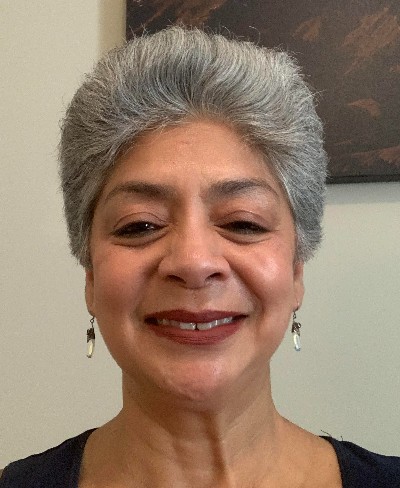
Manipulation is a tool that is often used by addicts as well as their families. (It is especially common with people who have grown up as children where one or both parents were addicts or codependents. When it works, the manipulator feels like a winner and the manipulate has an uncomfortable feeling that he or she cannot put their finger on. Ironically enough, manipulation has its roots in the belief that we are powerless and that we cannot get our needs met by the simple act of asking. It springs from the belief that if we ask for what we need directly, they will not be met. And therefore, in order for our needs to be met, we must invoke guilt, shame, fear, etc. in another person. When this strategy works, it hardens our belief that we do not have the power within to meet our own needs and the strength within to ask directly for what we need. Instead we must have our needs met indirectly, exercising our power over another person.
By bringing this character defect into awareness gently yet honestly, we can begin to work toward a different way of meeting our needs.
Let’s look at this example: Susan worked at a cell phone company providing technical support services. Her work required that she work some weekend as well. Susan knew this at the time she started working here. But she often avoided working weekends by invoking her single mom status and describing how much her children missed her and how miserable they were when she was not around to do things with them over the weekend. While it is true that most of Susan’s coworkers give in and take on her weekend shifts, there is a price to pay. Susan soon realizes that most of her coworkers share a degree of closeness with each other that she does not include her. She is never invited to go out for a drink after work and she is not invited to join the book club formed by a small group of women in her division. Sometimes, she could swear that they talk about her behind her back. Susan is hurt but doesn’t realize that her coworkers have begun to see through her strategies as manipulative and no longer trust her. As we worked together, Susan was able to bring to awareness the belief that she could never have what she needed or wanted if she asked directly. With honesty and gentleness, Susan explored not just her beliefs but also her cynicism. Next, Susan began to explore how she could change the patterns of her behavior and ask for what she needed. This was a particularly hard thing to do for Susan. She decided to talk with her coworkers about a possible solution. To her surprise, she found that one person preferred working weekends. Susan was able to make arrangements to exchange some of her weekends with this person. Now Susan works one to two weekends a month, and enjoys the rest of her time with her family. Susan has joined the book club at work and has begun to establish a level of trust with her coworkers.
About Rochna: Rochna Hazra is trained in Marriage and Family Therapy at Virginia Tech. She includes the emotional, psychological, spiritual and family aspects of a person in her work. Originally from India, she combines the Eastern traditions of mindfulness, non-judgment and a holistic approach to healing with the Western approach of realism and solution-focused action.
Rochna uses Cognitive-Behaviorial techniques to help you overcome anxiety.
Rochna is also a Certified Advanced Relapse Prevention Specialist and trained in Sex Addiction and Mindfulness-based Therapy and Relapse Prevention.
Click here to learn more about families struggling with addictions, Anxiety treatment and my practice in Leesburg, Virginia


Leave A Comment